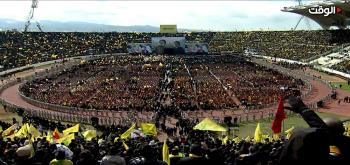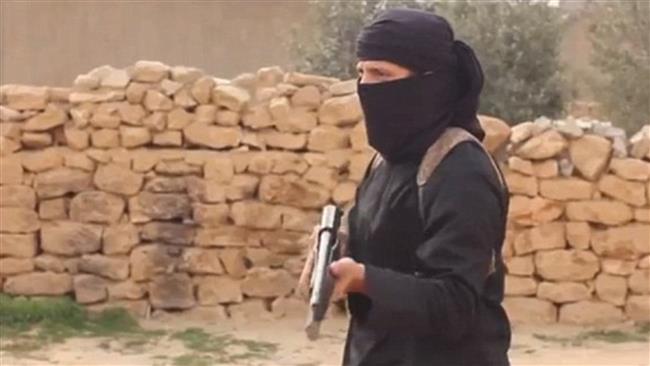Alwaght-The interior minister of Libya’s internationally recognized government says the warring factions in the North African country must form a united front to combat the rising threat of the ISIS Takfiri terrorist group, as Press TV reports.
The ISIS “is a big, big threat,” said Omar al-Zanki on Sunday, urging the warring sides in Libya not to ignore the imminent danger from the Takfiri group.
The Libyan official added that the country’s internationally recognized government, which is based in the eastern city of Tobruk, has made contact with the rival Tripoli-based administration as the specter of the ISIS terrorist group looms large over the Arab country.
Libyan Prime Minister Abdullah al-Thinni suspended Zanki from his position last week over the latter’s criticism of General Khalifa Haftar, an autonomous military figure whose loyalists have been instrumental in protecting Libya’s internationally recognized government.
However, Zanki rejects his suspension on legal grounds. A complaint has reportedly been filed over the issue, and Zanki says he holds his position pending the legal decision in the case.
ISIS gains momentum in Libya
On Friday, militants claiming to be ISIS members captured a state-run radio station in the Libyan coastal city of Sirte. A former local official said the militants also established a headquarters in the city center.
On January 27, alleged ISIS gunmen stormed Corinthia Hotel in Tripoli, killing nine people, including a Frenchman and a US security consultant.
Last month, Thinni warned that Libya may turn into a safe haven for the Takfiri ISIS terrorists, who currently control swathes of land in Syria and Iraq, thus posing a significant challenge to the security and stability of the world.
“We are afraid that the groups that are in Syria and Iraq will infiltrate Libya,” he said.
Source of conflict
Libya’s government and elected parliament moved to Tobruk after an armed group from Misrata seized Tripoli and most government institutions in August.
The new Tripoli rulers have set up a rival parliament and government not recognized by the international community.
Libya plunged into chaos following the 2011 uprising that toppled longtime dictator, Muammar Gaddafi. The ouster of Gaddafi gave rise to a patchwork of heavily-armed militias and deep political divisions.
The country has been witnessing numerous clashes between government forces and rival militia groups that refuse to lay down arms. The groups are now turning their guns on each other in an attempt to dominate politics and the country’s vast oil resources.



























